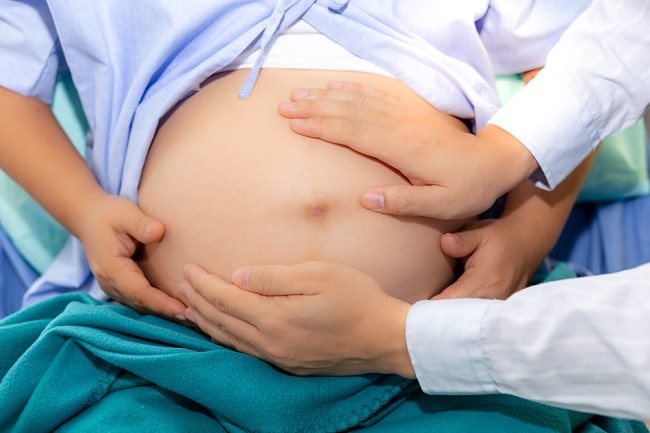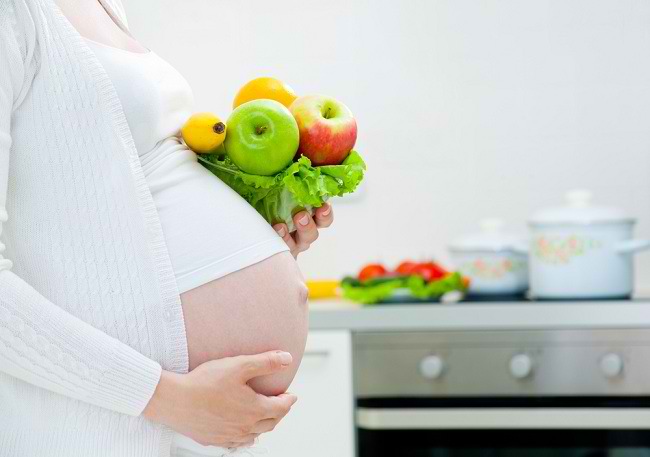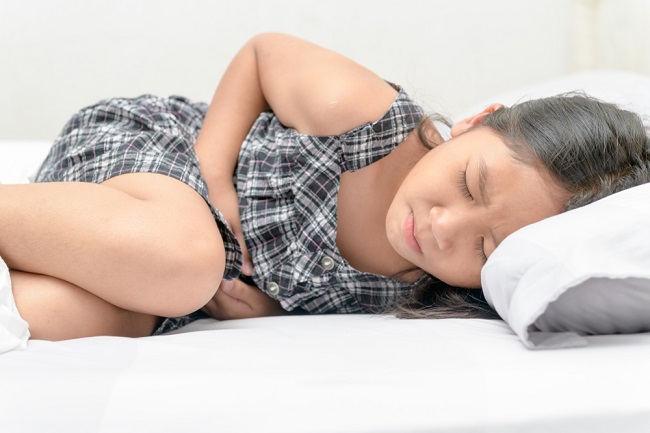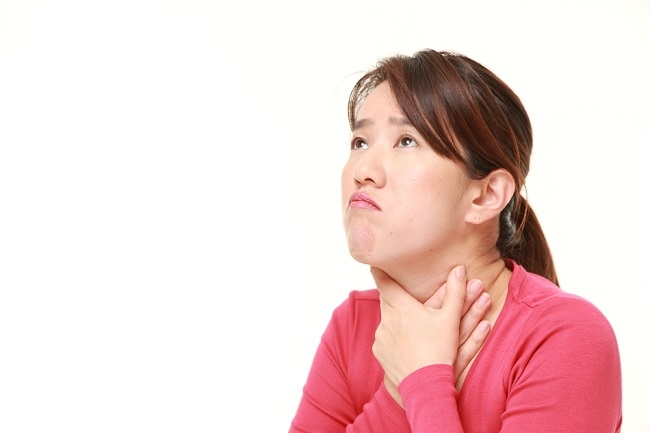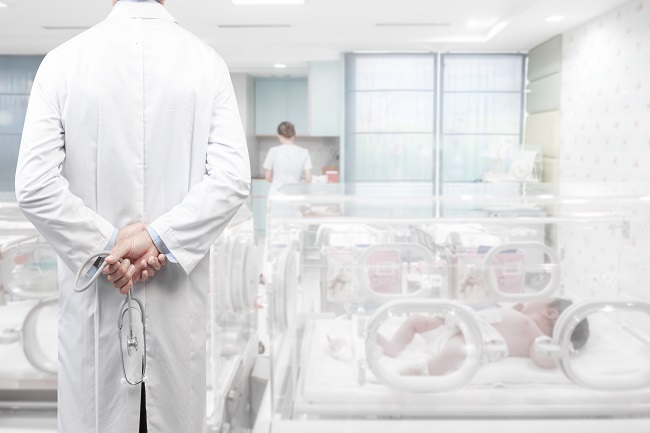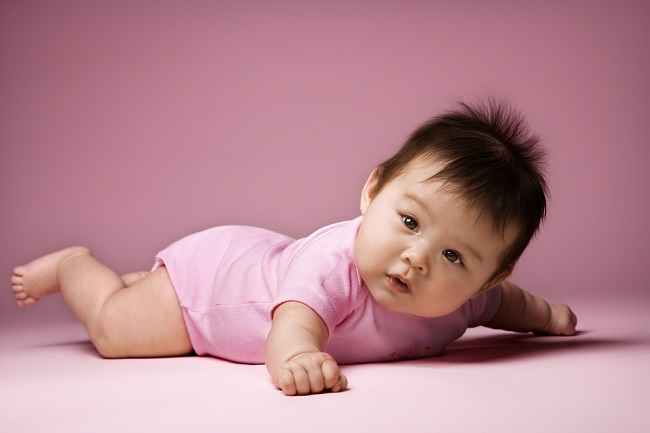Breast milk is the main nutritional intake for babies. However, there are times when babies experience itching to diarrhea after being breastfed. Is this a sign that the baby is allergic to breast milk? To answer your concern, see the explanation in the following article.
Breast milk is the best food for babies because it contains various nutrients in the right amount for their growth and development. There are many benefits of breast milk that can be obtained by babies, including strengthening the immune system and reducing the risk of certain diseases, such as allergies.

However, there are some babies who actually experience allergy symptoms, such as stomach pain, vomiting, itching, and diarrhea, when breastfed. Could these symptoms be an allergic reaction to breast milk?
Allergies Caused by Consumption of Certain Foods or Drinks
Breast milk generally does not cause allergy symptoms in infants. In fact, cases of babies allergic to breast milk are very rare, so breastfeeding is still safe to do.
Even if the baby has an allergy when given breast milk, it is possible that the allergic reaction is actually not to breast milk, but to the food or drink consumed by the mother.
For example, if you consume cow's milk, nuts, wheat, corn, eggs, or seafood, your baby who is breastfed may experience an allergic reaction if he is sensitive to these foods.
Sometimes, the symptoms that appear in babies can also be caused by indigestion or food intolerances. Both allergies and intolerances do have similar symptoms, so many parents are fooled.
If the baby has indigestion or intolerance to food or drink consumed by his mother, the symptoms that appear generally include:
- Nauseous
- Stomach ache
- Cramps or bloating
- Throw up
- Diarrhea
- Headache
- Fussy
Meanwhile, if the baby suffers from food allergies, the reactions caused are:
- Fussy or crying constantly
- Don't want to breastfeed
- Rash or itching
- Swollen face
- Digestive disorders, such as nausea, vomiting, diarrhea, stomach pain, and bloody stools
- Hard to breathe
- Chest pain
Actually, breastfeeding mothers can eat any food. However, if your little one experiences various reactions above after you eat certain foods or drinks, you should avoid consuming these foods and check your little one to the doctor.
Some Types of Food and Drinks to Watch Out for
Although each baby's reaction to the food consumed by his mother is different, certain foods or drinks can indeed have a different taste and influence on mother's milk.
Some types of foods that you should watch out for because they may cause digestive disorders in babies are broccoli, chocolate, onions, chilies, and dairy products.
In addition, babies can also experience reactions after drinking breast milk if the mother consumes the following foods or drinks:
Caffeine
About 1% of the caffeine consumed by breastfeeding mothers can be absorbed into breast milk. This is the underlying reason why drinking more than 2 cups of coffee a day in nursing mothers can affect the baby's sleep.
Cow's milk
Cow's milk allergy affects about 2–6% of babies. If there is a possibility that your little one is allergic to cow's milk, you should stop drinking cow's milk for 2-4 weeks while continuing to breastfeed your little one.
Mothers can return to consuming cow's milk after the symptoms experienced by the Little One subside. However, immediately take your little one to the doctor if the symptoms he experiences get worse when the mother returns to consuming cow's milk.
Alcohol
Alcoholic beverages can be absorbed into breast milk and affect the health of the baby. It can take several hours for the alcohol consumed to disappear from your bloodstream and breast milk.
If your little one always looks uncomfortable after drinking breast milk and you are eating certain foods, write down what foods you eat. This can help the mother choose a food menu that is more suitable for breast milk to be given to her little one.
For the record, don't let the mother rush to conclude that the baby is allergic to breast milk to stop breastfeeding the little one. If your little one's complaints continue or get worse, don't hesitate to consult a doctor.
